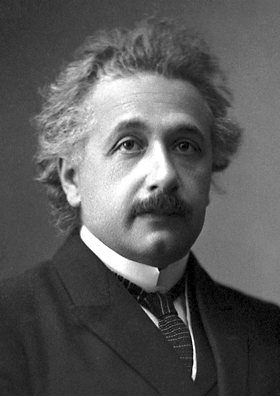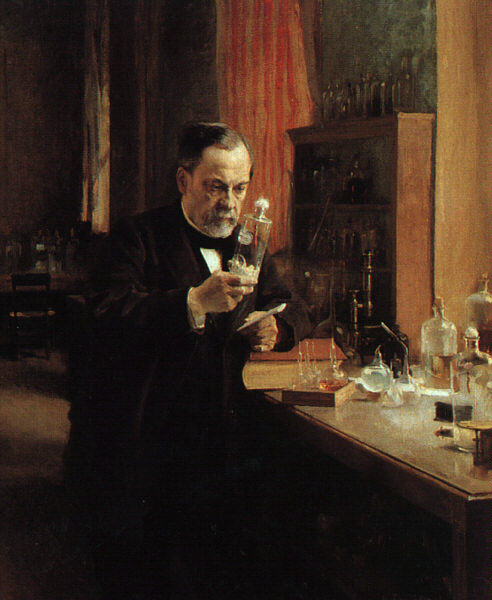From the book Land Reform: A Matter of Conscience, by Archbishop Geraldo de Proença Sigaud, Bishop Antonio de Castro Mayer, Prof. Plinio Corrêa de Oliveira, and economist Luiz Mendonça de Freitas, in a topic composed and written by the author of the present work:

All of God’s creatures have what befits them according to their own nature....These inequalities form an immense hierarchy.
“[All men] are equal because they are creatures of God, endowed with body and soul, and redeemed by Jesus Christ. Thus, by the dignity common to all, they have an equal right to everything that is proper to the human condition: life, health, work, religion, family, intellectual development, and so on. A just Christian economic and social organization thus rests upon a fundamental feature of true equality.
“But, besides this essential equality, there are among men accidental inequalities placed by God: of virtue, intelligence, health, capacity of labor, and many others. Every organic and living economic and social structure has to be in harmony with the natural order of things.
- Mother and child by Jean Augustin Franquelin

- By the dignity common to all, they have an equal right to everything that is proper to the human condition: life, health, work, religion, family, intellectual development, and so on.
This natural inequality must therefore be reflected in it. This reflection consists in this: that as long as all have what is just and deserved, those well endowed by nature can, by their honest labor and their economy, acquire more.
“Equality and inequality thus compensate and complement one another, discharging diverse but harmonious roles in the ordering of a just and Christian society.

But, besides this essential equality, there are among men accidental inequalities placed by God: of virtue...
“This rule constitutes, moreover, one of the most admirable characteristics of universal order. All of God’s creatures have what befits them according to their own nature, and in this they are treated according to the same norm. But, beyond this the Lord gives very much to some, much to others, and to yet others, finally, only what is adequate.

...of intelligence...
These inequalities form an immense hierarchy, in which each degree is like a musical note that forms part of an immense symphony to chant the divine glory. A totally egalitarian society and economy would, therefore, be anti-natural.

...capacity of labor...
“Seen in this light, inequalities represent a condition of general good order, and thus redound to the advantage of the whole social body, that is, of the great as well as of the small.

...of health...
“This hierarchical scale is in the plans of Providence as a means to promote the spiritual and material progress of mankind by the incentive given to the better and most capable. Egalitarianism brings with it inertia, stagnation, and, therefore, decadence, because everything inasmuch as it is alive, if it does not progress, deteriorates and dies.
“The parable of the talents is thus explained (Matt. 25: 14-30). God gives to each in a different measure and He demands from each a proportionate rendering.”
Plinio Corrêa de Oliveira, Nobility and Analogous Traditional Elites in the Allocutions of Pius XII: A Theme Illuminating American Social History (York, Penn.: The American Society for the Defense of Tradition, Family, and Property, 1993), Documents V, pp. 488-489.






